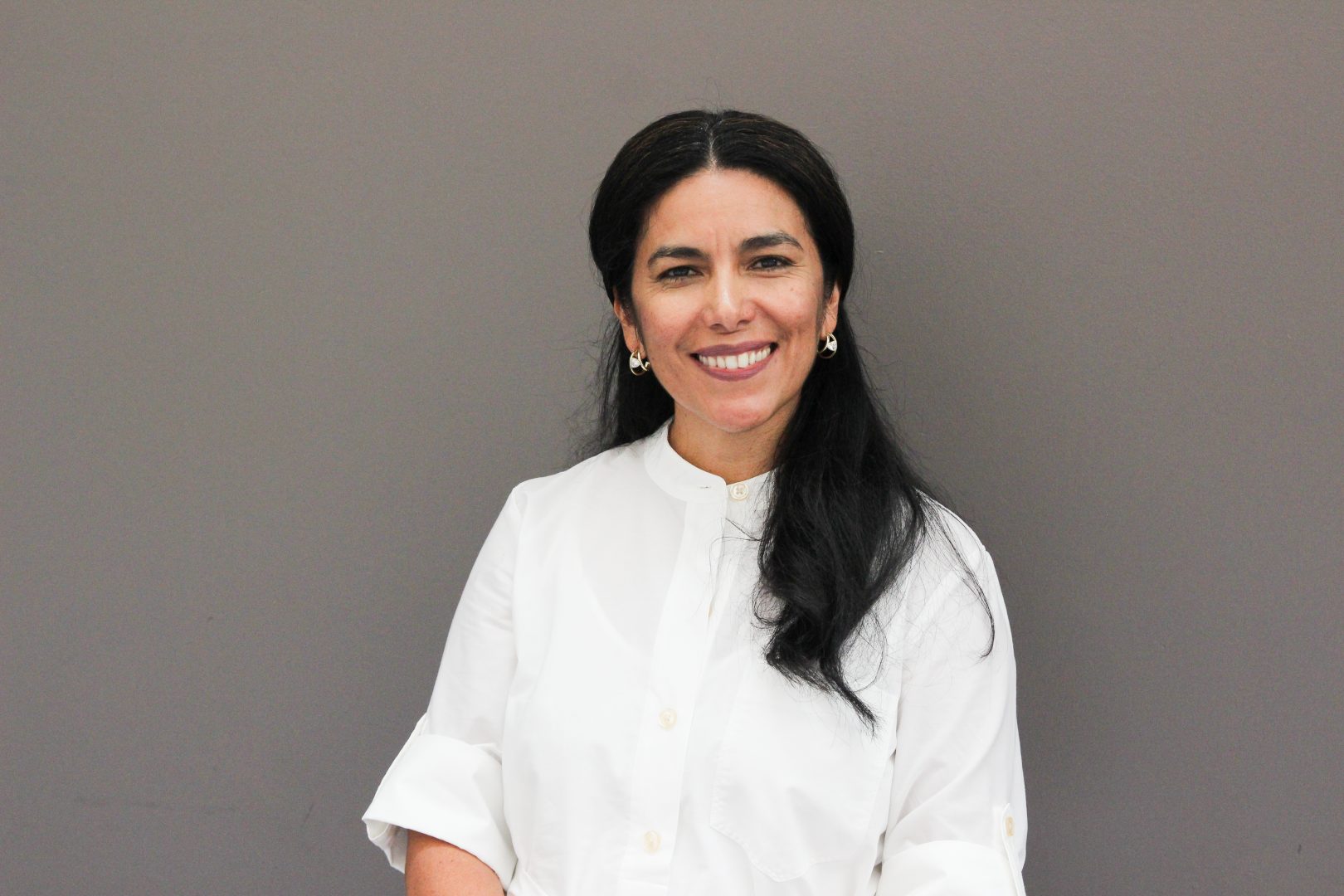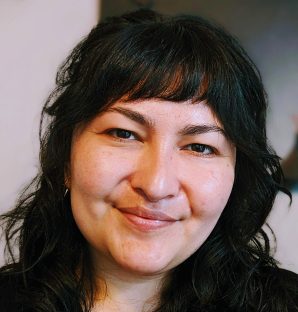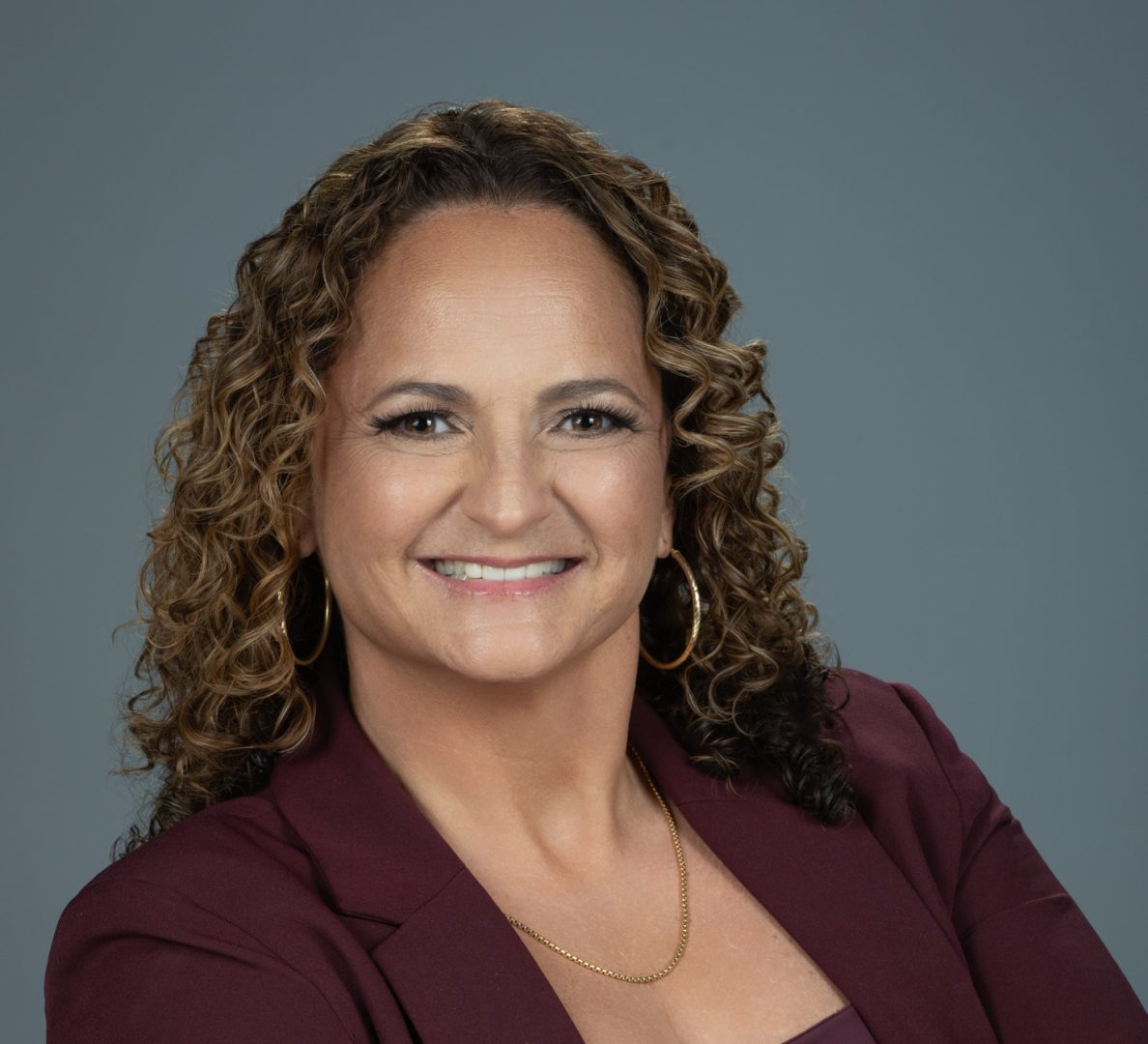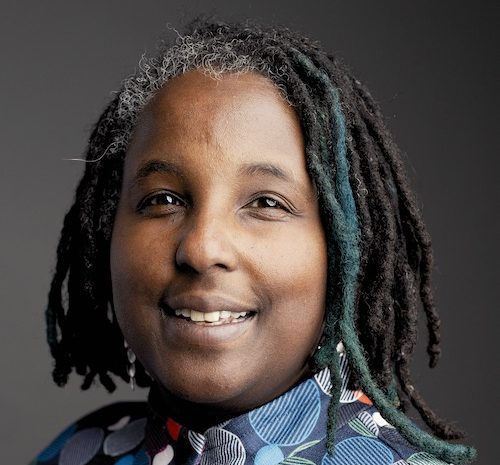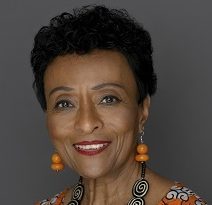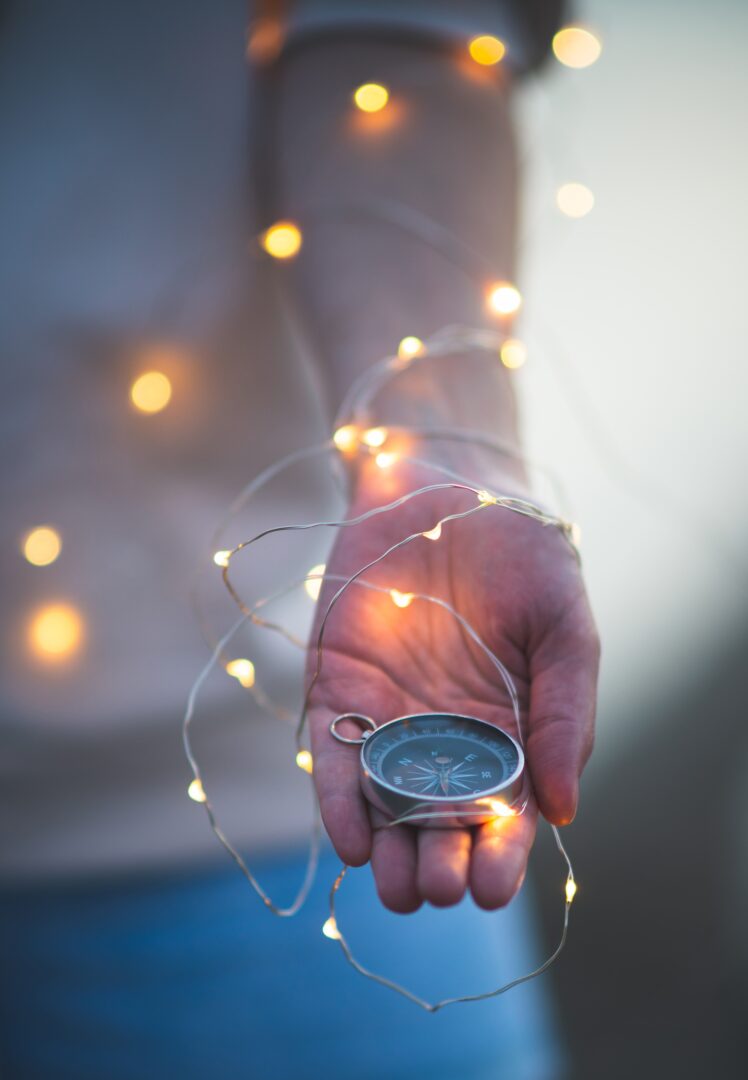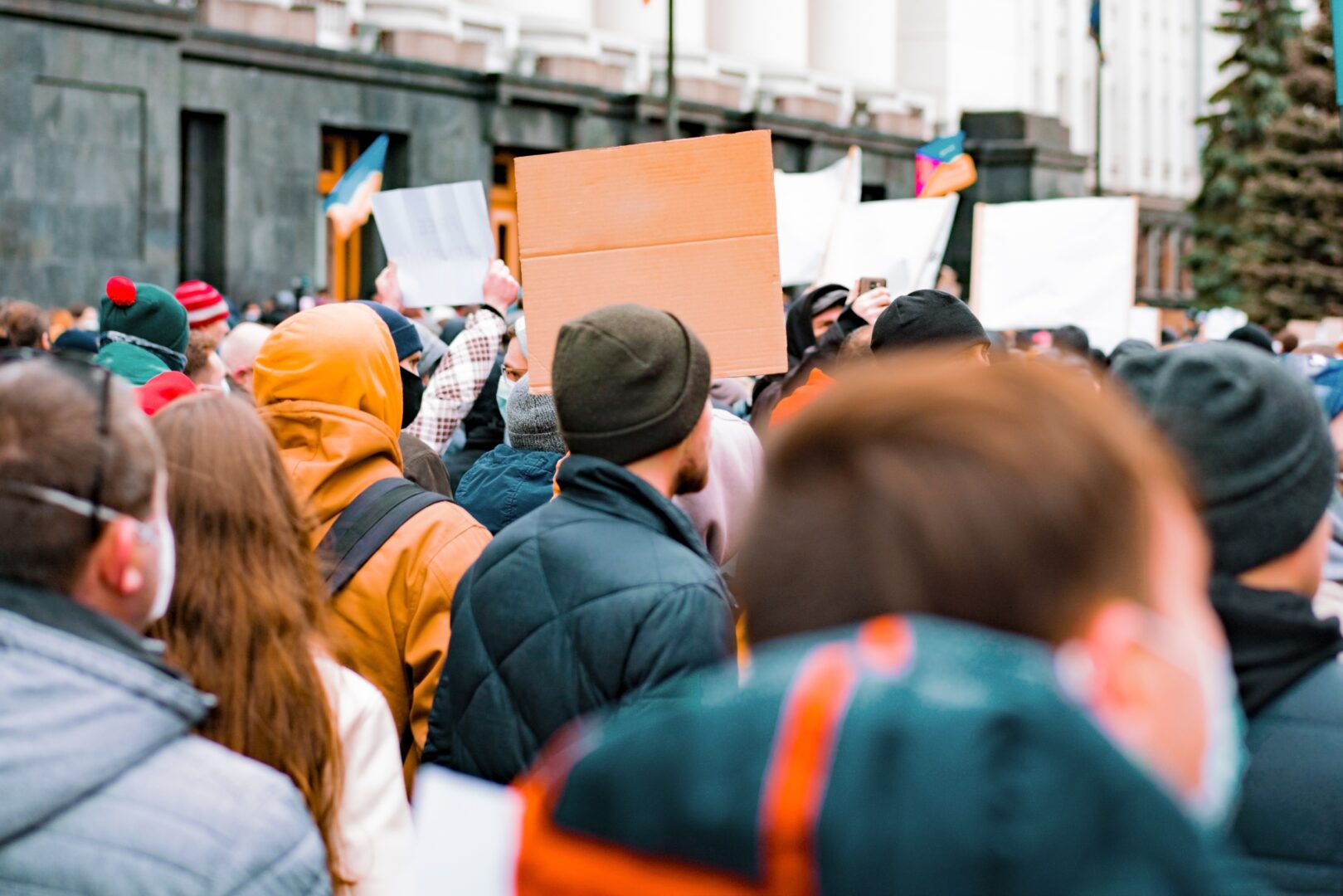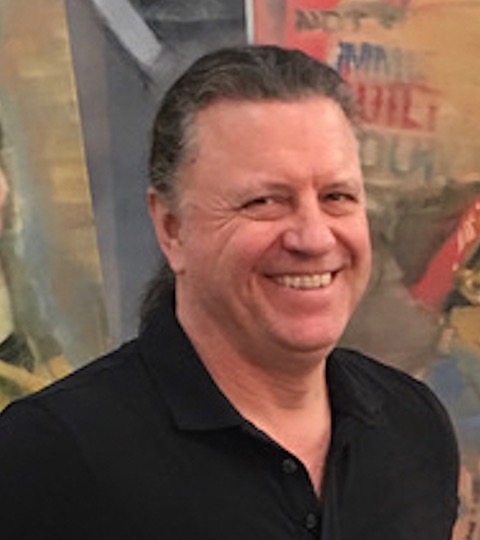As democracy makers, and Black, Indigenous, and Latinx women who lead 4 national networks and one intermediary fund, we spend a lot of time fighting for and acting into multiracial feminist democracy. Together, we are working diligently to ensure that people’s voices are heard and acted upon in local settings, states, regions, tribal communities, nationally and even internationally.
On a daily basis, we and our member organizations engage in democratic practices – majority rule, free and fair elections, and people-centered decision-making – such as supporting warehouse and farm workers organizing together for safer jobs and renters talking with their neighbors about unfair rent hikes. In communities from Alaska to Alabama we influence decisions about the water we drink, the air we breathe, and the rates our families pay for water and energy. We work together to ensure that everyone has safe and healthy places to live, work, play and pray.
We embarked on an experiment in collective leadership, participatory grantmaking and trust-based philanthropy 6 years ago. Together, we co-created a shared set of goals to redistribute power to the people, build a stronger, more coordinated infrastructure for change, and achieve greater environmental justice outcomes.
Here are 5 lessons we learned along the way:
1. Start with Trust
Because change happens at the speed of trust, the first step was to build trust between our networks and with our philanthropic partners. Dana Bourland, Senior Vice President at JPB Foundation, remembers, “We started by commissioning research on the landscape. We learned from that research on the landscape of networks focused on community organizing. We learned from that research that the members and participants of networks matter but are often under-resourced compared to the organization holding the network. We invited representatives from 4 networks to consider working together with us to try strengthening the larger ecosystem. They took us up on our offer. We were careful not to require that they work together. We weren’t interested in creating forced partnerships. What has emerged, though, has been dynamic and really magical.”
As we began our work together, we made some of the earliest and most consequential decisions. We asked difficult but important questions such as: How would we decide how much funding to give to individual groups within our networks? What information would we request from grantees at the beginning, in the middle and at the end of the grant? What role should donor partners play? How will we govern ourselves?
In 2018, we launched an intermediary fund called the Fund to Build Grassroots Power. We have governed it to serve as a movement-accountable resource. Since its inception, the fund has carefully built trust among partners while streamlining $34 million in funding to 135 grassroots groups in every region of the country, Guam and Puerto Rico. The combined 2023 budgets of all the grantees is $262,219,343.
We established 4 central values and definitions of each to guide our practice of building trust. The 4 values are inclusivity, responsiveness, efficiency and transparency. Each of the values are defined and listed on the Fund’s website for all to see. For example, we define efficiency like this: “We try to minimize the burden the applicant organizations face during the application and reporting processes so community members can spend less time trying to access funding and more time on their important work. We also try to balance the time our advisory board members spend guiding the fund’s strategy and decision-making with the need for authentic input from field leaders.” By stating our values and defining what it looks like when we successfully act into our values, we build trust.
A key orientation that sped up the trust-building process happened when leaders – initially from The JPB Foundation and then The Waverley Street Foundation – made it clear that grantmaking recommendations would be made by the groups. That was a huge step toward building trust. Handing over decision-making authority about recommendations to the groups communicated to us that they trusted our analysis and our ability to make strategic choices about groups across and within our networks.
2. Collaborate, Don’t Compete
The 4 of us embody the values and principles of feminist leadership, and together we share a vision of a feminist economy that ensures a just transition from fossil fuels to a regenerative economy can happen. “[Feminist] leadership is a process by which women assert their rights by continually evaluating relevant experiences, questioning their roles in society, challenging power structures and effectively catalyzing positive social change.”
And since women are overwhelmingly hit first and worst by the effects of climate inaction, we are inspired by each other as we continue to chart a path forward.
It’s not lost on us that this big, collaborative effort of 4 national networks with 190 affiliated groups in every region of the United States has worked in part because we ourselves are Black, Indigenous, Latinx, queer and femme. As people who have survived unspeakable oppression, we are responding using tools given us by our ancestors – moving together, not separately, toward solutions that shift power toward different ways of knowing.
We made the collective choice early on how to assign funds across the 4 networks. Choosing that formula was another initial step in building goodwill among the networks. We decided to allocate funds to each of the networks in proportion to the number of member organizations they had. We also created a way to consider the groups that were affiliated with multiple networks. Having that clarity early on made it easier for us as networks to be accountable to each other. Transparency about decision-making was also key, because we all had the information in front of us if there was ever a question.
Since 2018, our networks have run 6 dockets together. In our most recent docket, we recommended $10.1 million over 2 years in grants. Of the groups who received funding, 87% of grantee organizations are led by people of color, and 77% of them are led by people who identify as women, femmes, trans or gender non-binary.
3. Show Grantees You Trust Them
In the same way that the donors to the Fund have acted based on their trust in us, we communicate that we trust our member groups. We use the Equitable Evaluation Framework™ (EEF) crafted and co-led by partners in philanthropy, evaluation and nonprofits to make sure that the weight of evaluation falls mostly on the Fund instead of grantees.
The Fund requests very little information from grantees. This is possible because as network leaders, we have a lot of context about local affiliates and the context in which they are doing their work. The grant application process is very simple. We ask basic questions like: What is your budget? Are you a 501(c)3? Can you submit one paragraph describing your organization? All grants are general operating grants. We are making multi-year commitments to grantees. We don’t propose to know what groups need to continue their incredible work. The decision on how to spend the funds should belong entirely to them.
The groups in which we are investing do incredible work with relatively few resources. That’s why we are proud to give them as much flexibility as possible. We also don’t tell them what they need to report on. Instead, we ask for a brief report. What we have found is that these brief reports are packed with information. We trust that they will share the information with us that is the most important.
Sometimes, a group may require a reminder to send in their report. We reach out, and if they need to submit their report as a telephone conversation that we transcribe, we do that. The Fund’s evaluation also includes the feedback we’ve solicited from our member groups about what works for them and doesn’t on the funding process. We then reflect on this collectively and shift our practices accordingly. We don’t require grantees to participate in interviews or surveys. If they do, we compensate them for their time. This figure demonstrates the exchange between funders and grassroots organizations through the Fund to Build Grassroots Power.
4. Invest in Infrastructure
The Fund’s trust-based grantmaking is grounded in 4 forms of interdependent infrastructure that create an ecosystem that makes change happen. These include local/state organizations, networks that support collectives of local/state organizations, networks and their members collaborating with each other through the Fund and other spaces, and the Fund itself as a form of collaborative cross-network infrastructure.
This year, we are putting together an impact report to highlight the wide range of interventions grantees are using to make an impact. Grantees are making impressive progress. They are actively fighting to close down dirty coal plants and taking legal action against federal agencies who allow toxins to contaminate drinking water. They are educating community members about ways to reduce emissions, like providing reduced transit fares for young people and teaching them about heat islands and how to be part of their community’s public decision-making process.
While our work together up until now has focused mostly on environmental and climate justice issues, the grants we make are general support grants. The groups we are investing in are the people who serve on the front lines in communities. This works well because the same group that’s holding local governments accountable for transitioning their fleets to electric vehicles may also be helping farmworkers get access to wages taken from them via wage theft. While philanthropy is often divided up into discrete issue areas, people in communities are not.
5. Looking Ahead to the Next 5 Years
The strength and stability that trust-based philanthropy can provide alongside our movements is now more critical than ever given the current political landscape. Recognizing the urgency of this work and the need to have a dedicated leader building the fund, the steering committee hired Denise Collazo as inaugural executive director. Denise will partner with us to continue to grow the resources available to grassroots groups who fight to advance a just transition from fossil fuels to a regenerative economy, with examples including reducing energy burdens, advancing clean energy and ensuring clean water for all. Generally, a household energy burden over 6% is considered unaffordable.
We are proud to be co-founders of this important endeavor. We are happy to be partnering with the JPB Foundation, the Waverley Street Foundation and future philanthropic partners. While we have plenty of ideas about how to make the Fund better, we are reminded as organizers to continue to follow the expertise of grassroots groups that are on the frontlines of building a multiracial functioning democracy in the face of rising authoritarianism. Their vision for the future of the Fund is our north star and will guide our next chapter. With this deep trust and direction set from the ground up, we’re excited to see what groups across the country supported by the Fund continue to win for our communities in the coming years.
Sulma Arias brings over 20 years of organizing experience to her role as Executive Director for People’s Action Institute and People’s Action. Sulma’s organizing work spans many issues, including immigrant rights, voting rights, and economic justice, and her practice has always centered directly impacted people to build power. Sulma has worked closely with local and national organizations to build and advance strategic campaigns that build power. Sulma also has extensive experience training organizers and growing organizing capacity and building strong community-led organizations across the country.
KD Chavez is the Interim Deputy Director of Climate Justice Alliance. They are a revolutionary mother, organizer, and strategist who leads by way of ancestral knowledge and the land. They have spent the last decade in social justice philanthropy moving millions to the frontlines and working to advance freedom through culture shift and intentional investments.
Denise Collazo is the Executive Director of the Fund to Build Grassroots Power. For twenty-five years, Denise helped build Faith in Action (formerly PICO National Network), the nation’s largest organizing network of faith and spiritual communities. Most recently she served as Chief of External Affairs. Denise cut her teeth organizing in San Francisco during Mayor Willie Brown’s term. She has run large voting programs at local, state, and national levels and has raised $100M+ for grassroots organizations efforts.
Lauren Jacobs is the Executive Director of PowerSwitch Action (formerly the Partnership for Working Families). A longtime labor organizer with UNITE, SEIU, and the Restaurant Opportunities Center, she has organized thousands of janitors and security officers, and led campaigns that won breakthroughs in wages, healthcare, and other benefits. Lauren is a proud native New Yorker, a daughter of Harlem, an intermediate knitter, and a terrible but dedicated artist.
Peggy M. Shepard is co-founder and executive director of WE ACT for Environmental Justice and has a long history of organizing and engaging Northern Manhattan residents in community-based planning and campaigns to address environmental protection and environmental health policy locally and nationally. She has successfully combined grassroots organizing, environmental advocacy, and environmental health community-based participatory research to become a national leader in advancing environmental policy and the perspective of environmental justice in urban communities — to ensure that the right to a clean, healthy and sustainable environment extends to all.

More Responsive Philanthropy

